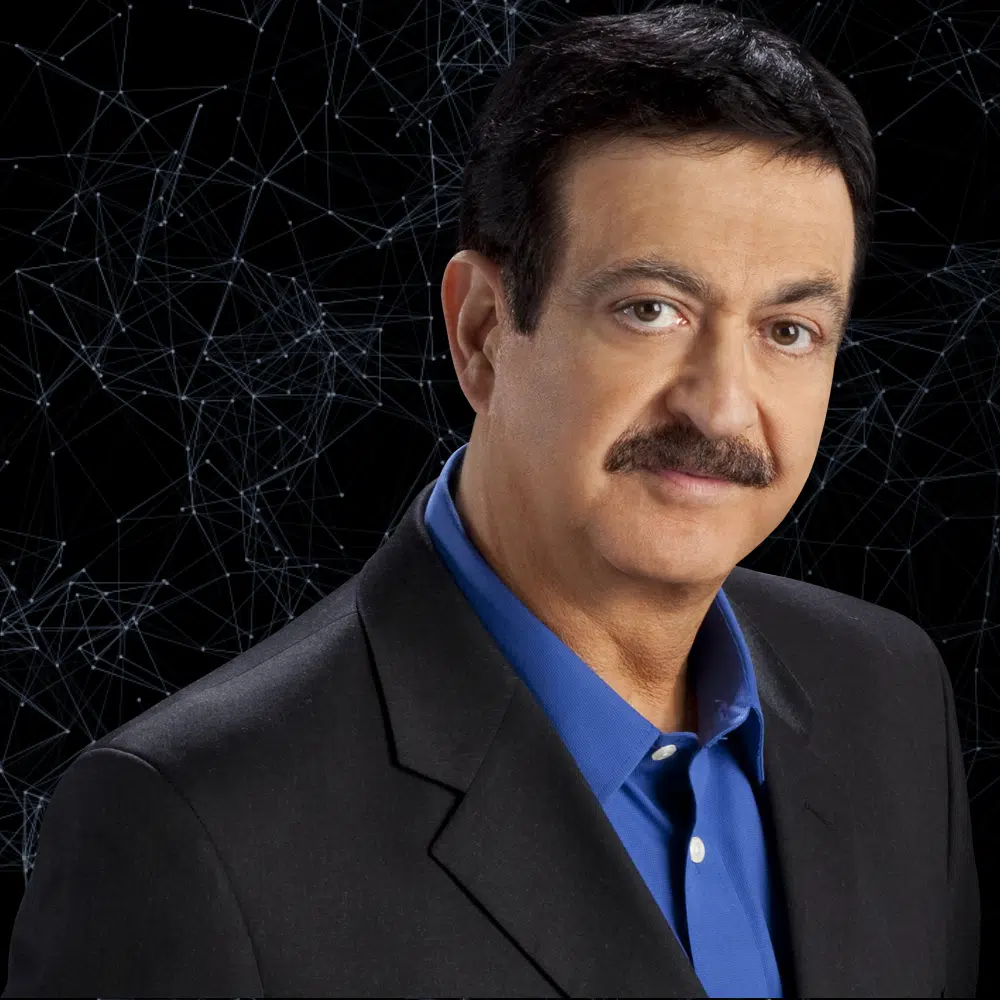By Ingrid Melander
PARIS (Reuters) – The campaign for next April’s presidential election is already heating up in France, with the emergence of a far-right TV commentator who is fighting with Marine Le Pen over who will be President Emmanuel Macron’s opponent in a second-round runoff.
Here are some of the key issues:
* WHO WILL WIN?
The opposition is weak and fragmented, and polls consistently show Macron leading the first round and beating every likely opponent in a second-round run-off to win a second mandate.
But the pre-campaign has already thrown in quite a few surprises, with far-right pundit Eric Zemmour joining the race.
Even if Macron does win a second presidential mandate, he will also need his upstart party, which has failed in all recent local elections, to win parliamentary elections in June, if he wants to be able to comfortably implement his policies.
* WHAT TO WATCH OUT FOR:
– The hot race for the run-off’s second ticket between Zemmour and Le Pen, from the more established far-right National Rally.
At this stage the mainstream conservatives don’t have a shot at the second round, but they could still hope to make a comeback. The fragmented left is largely out of the presidential game.
– Can there be a “French Fox News free-to-air news channel CNews has taken a conservative turn since Bollore took control” effect? Free-to-air channel CNews largely favours Zemmour. It has taken a conservative turn since media tycoon Vincent Bollore, whose hold on French media is expanding, took control.
– When will Macron officially confirm he is a candidate and how? He has already entered pre-election mode.
– Can Macron lose his lead? The early favourites lost the 2017 election, won by then-outsider Macron. Pollsters got the 2012 election right several months ahead, but spectacularly failed on other occasions. They say abstention rates are nearly impossible to predict so far off, throwing in much uncertainty.
– Key dates:
Dec. 4 – Conservative Les Republicains choose their candidate
April 10 – Presidential election first round
April 24 – Second round held between the top two candidates
May 13 – New president takes office
June 12th and 19th – Parliamentary elections
* WHAT WILL THE ELECTION BE FOUGHT OVER?
– The far-right has dominated the political conversation in the early pre-election campaign thanks to provocative proposals by Zemmour, who holds convictions for inciting hatred. Other candidates, to the right and the left, have followed suit, talking tough on immigration.
– But at a time of soaring energy prices, an OpinionWay poll and other surveys have shown that purchasing power, not immigration, is the voters’ top concern, followed by social protection, with security and migration issues well behind.
– Whether the economic recovery holds will also be key. Opinion polls show voters are unhappy with Macron’s economic policy – but they don’t think any of his opponents would do better.
– Health topped voters’ concerns at the height of the pandemic and could roar back to the top of the agenda if the newly discovered Omicron variant causes a surge in infections.
* WHY IT MATTERS
– Now that Britain has left the EU, France is the bloc’s main military power and undisputed second biggest economy. With Angela Merkel bowing out in Germany, a second term for Macron would make him Europe’s senior leader.
– A run-off pitting Macron against Le Pen or Zemmour will be an important test of the endurance of Europe’s far right, which expanded across the continent over the past decade but has seen its influence start to wane in some countries.
– Macron, or any rival who unseats him, will face soaring public deficits to tackle the impact of the COVID-19 pandemic, a pension system many say needs reforming, and ambitions to re-industrialise France.
* WHO? The final line-up is not yet known, but the likely main candidates are:
– Macron. The 43-year old incumbent, who was elected in 2017 on a centrist platform but whose policies veered to the right, is set to throw his hat in the ring.
– Far-right National Rally leader Le Pen. This is her third presidential election bid. In 2017 she made it to the second round, and polls had long predicted she would again this time, but Zemmour could thwart her hopes.
– The conservative Les Republicains will name a candidate on Dec. 4, likely to be a choice between EU former Brexit chief Michel Barnier, Paris’s Ile-de-France regional boss Valerie Pecresse, and the head of the northern Hauts-de-France region Xavier Bertrand.
– On the left, the Greens’ Yannick Jadot, Socialists’ Anne Hidalgo, and hard-left Jean-Luc Melenchon are the most prominent of a long list of candidates seen as having little chance of qualifying for the run-off.
(Reporting by Ingrid Melander; Editing by Peter Graff)



